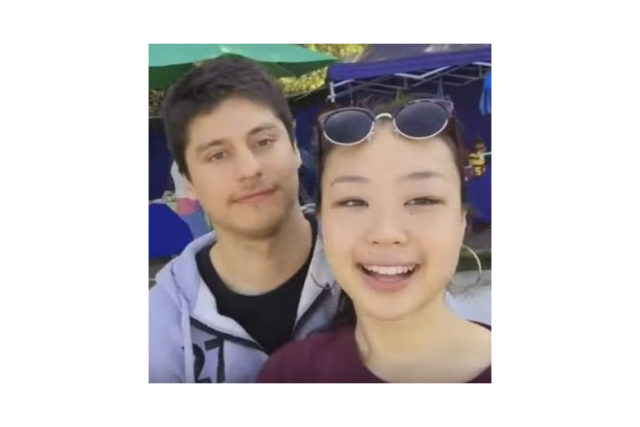by David Yamaguchi,
IN OCT. 2016 AND JAN. 2017, I reported on the murders of two young Japanese female exchange students. The first was in Vancouver, Canada. The second was in Besancon, eastern France.
In Canada, an arrest was made quickly, aided by technology. A security camera photographed the suspect walking with the young girl through a SkyTrain light-rail station. By contrast, the case in France remains frustratingly unresolved.
To summarize the events there, the student was 21-year-old Narumi Kurosaki. She was last seen in public on Dec. 4, 2016, having dinner with her Chilean ex-boyfriend, Nicolas Zepeda Contreras, 26, who had flown over for a visit. That night, she was heard screaming in her dorm room at 3 a.m.
Before arriving, Mr. Contreras, the sole suspect, had threatened Ms. Kurosaki over the internet. After her disappearance, he crossed the nearest border into Switzerland on Dec. 7, and returned home to Chile a week later. In testimony delivered to the Chilean court in Feb. 2017, he admitted being in Ms. Kurosaki’s room at 3 a.m. but denied killing her.
The court had summoned him to appear so they could evaluate how to respond to France’s request for his extradition. To Mr. Contreras’s advantage, Chile and France lack a standing extradition agreement. The court decided in favor of Mr. Contreras, citing a lack of sufficient evidence to merit extradition. Of these, the most glaring fact is the lack of a body.
Ms. Kurosaki’s remains are widely believed to lie somewhere in the rural woodlands that envelop Besancon. Until now, French police have been searching with dogs and divers, but so far without success.
Internationally, the story has been followed by the Japanese, French, and Chilean media. Apparently, all have been drawn by the audacity and injustice of the case, as well as by its mysterious aspects.
The perpetrator, likely Mr. Contreras, was an amateur in a hurry. He is being pursued by professionals with time and resources. For example, the newspaper L’Est Republicain mentions 80 police officers being involved in the search. Nonetheless, the police must work methodically to put together the best possible case. According to L’Est Republicain, they can make only one more request for extradition. Moreover, their resources are not unlimited. They are under pressure to wrap up the case.







